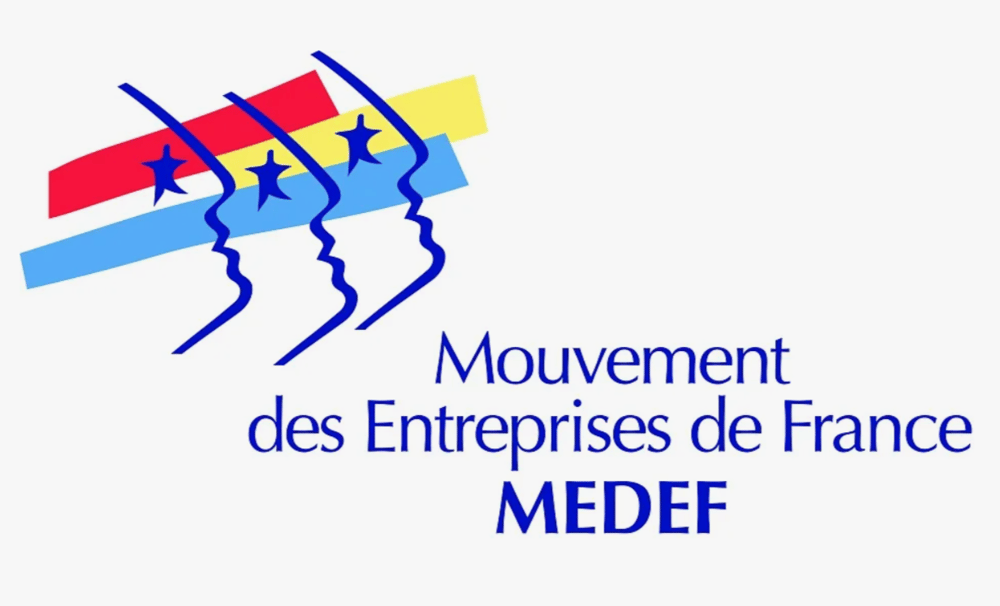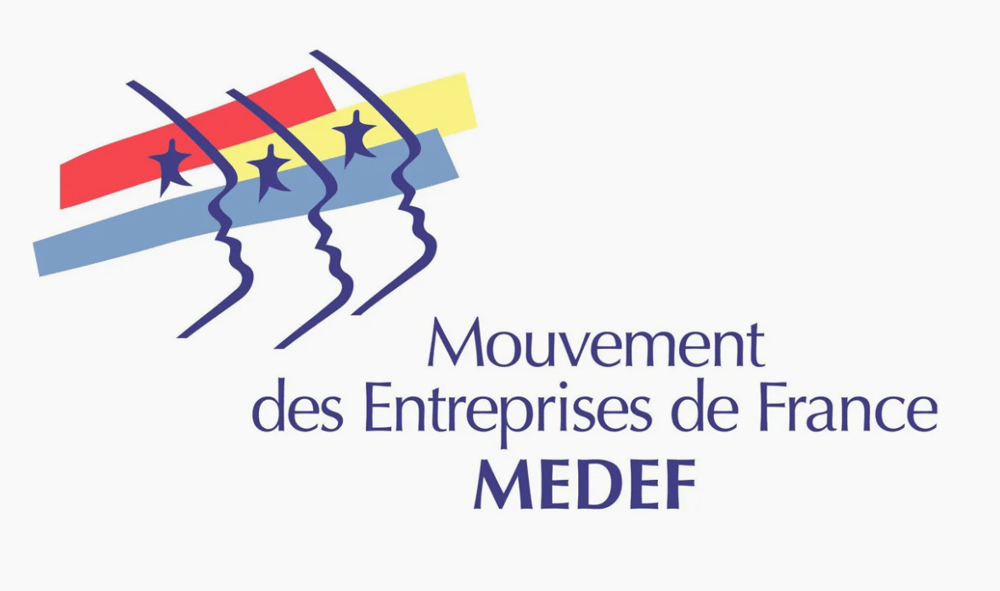Amid intensifying global trade tensions and mounting U.S. sanctions, the economic landscape is taking on a new dimension. Patrick Martin, the head of French business group MEDef, has voiced serious concerns regarding the U.S. tariffs imposed by the Trump administration and their potential impact on economic growth. According to Martin, these measures might not only slow down economic activity but could also trigger a recession.
In a recent interview with RTL radio, Patrick Martin stated, "Of course, I am worried. The risk is that growth will slow down, and we may enter into a recession." His comments underscore a growing unease within the business community, which sees the U.S. tariffs as a significant economic challenge and a call to rethink standard business strategies.
Global Trade Dynamics and the Escalating Tariff Battle
On Wednesday, the so-called "reciprocal" tariffs took effect on goods imported from dozens of countries. Notably, a staggering 104% tariff was imposed on Chinese products. This policy move reflects the U.S. intent to apply further pressure on global trade relations, dramatically impacting key international indices and business sectors. Under these circumstances, economic stability and growth prospects have become pressing issues for major European corporations and sectors heavily reliant on imports.
These tariffs affect not only trade with China but also exert pressure on property markets, financial flows, and investment activities. Almost every nation involved in global commerce is experiencing the ripple effects of these measures, leading to an unpredictable shift in the dynamics of economic growth. Analysts have noted that forecasts are becoming increasingly varied, with both political commentators and business experts warning of a significant slowdown in economic activity.
Five Factors of Uncertainty
1. The intensification of the U.S. tariff policy and its direct impact on international trade
2. The steep increase in tariffs on strategically vital products, especially from China
3. The potential slowdown in global economic growth
4. The risk of recession due to deteriorating investment climates
5. The need for major European companies to reassess their strategic plans
These uncertainty factors vividly illustrate the multifaceted risks currently threatening the global economic framework. Integrated financial markets now demand that companies remain agile and ready to adapt quickly to rapidly evolving conditions. In response to these global challenges, industry specialists recommend developing new forecasting models that enable proactive adjustments in business operations, mitigating adverse economic shocks.
Major Market Challenges
- The rise of protectionist measures enforced by the U.S.
- Ambiguities surrounding the outcomes of high-stakes international negotiations
- The imperative for national economies to adjust in an increasingly multipolar world
- Growing unpredictability in global trade flows
- The emergence of renewed geopolitical tensions
This list outlines the primary challenges faced by both individual companies and the broader financial markets amid an ongoing trade war. Economic experts emphasize that such uncertainty compels market players to revisit their existing business frameworks and adopt a more flexible approach in managing logistics and financial streams.
Market Dynamics and Future Economic Prospects
Economic growth is closely linked with favorable conditions for international cooperation and stable trade flows. The introduction of these reciprocal tariffs, as cautioned by Patrick Martin and MEDef representatives, may become a trigger for a deteriorating investment climate in France and, by extension, a slowdown in growth. In this context, specialists urge continuous monitoring of external factors influencing market dynamics and recommend keeping a close eye on shifts in global indices to form realistic economic forecasts.
Markets grappling with the new U.S. tariff policies are showing signs of temporary stagnation. This stagnation is forcing companies to reevaluate their internal financial indicators and optimize cost structures. Despite the evident negative repercussions, the current situation also presents an opportunity for strategic rejuvenation, technological innovation, and the development of alternative business sectors.








Forward-thinking investment strategies are fueling an era of rapid capital growth across automation sectors